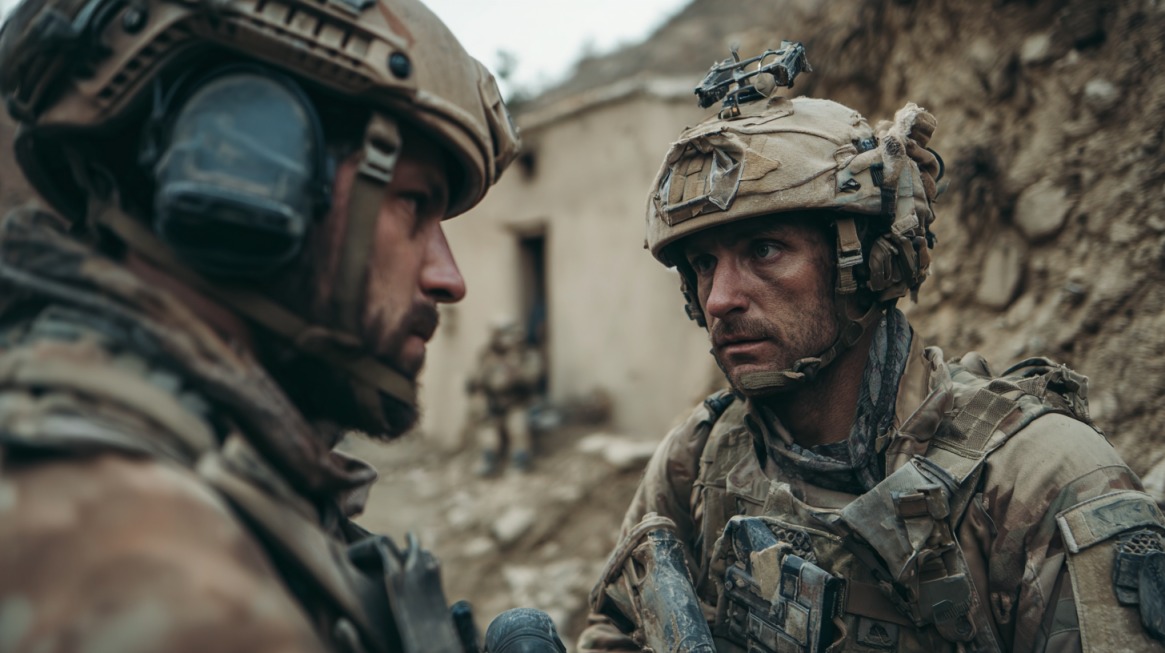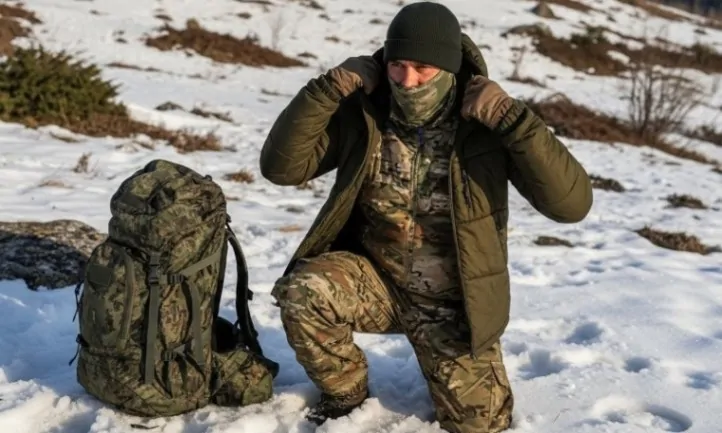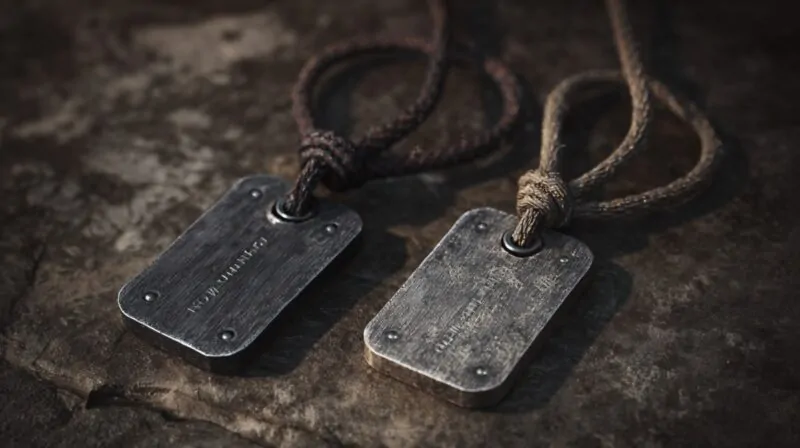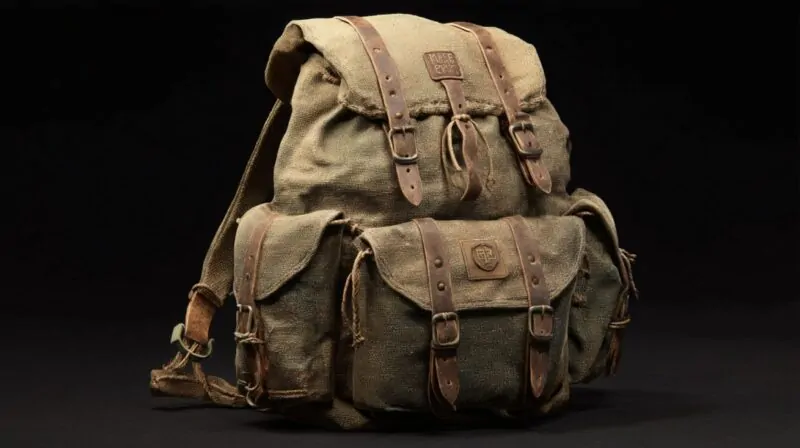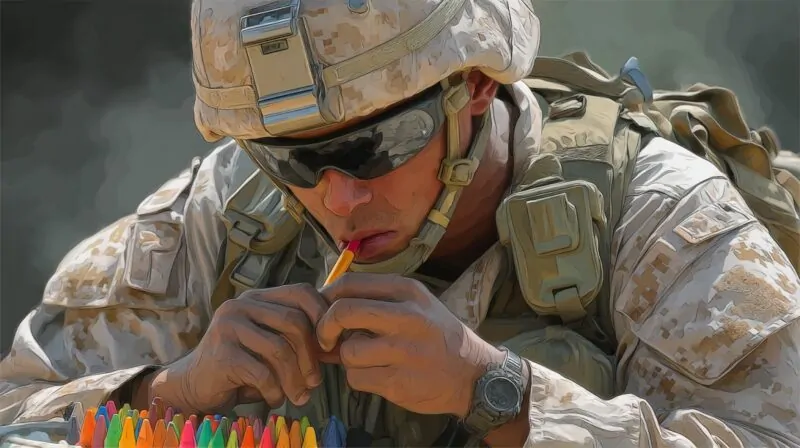Military jargon often carries layers of history, culture, and purpose. Among the many phrases used by service members, “Oscar Mike” holds a special significance.
More than just a code, it serves as a symbol of movement, readiness, and determination.
What we want to do now is to explore its meaning, origin, usage, and cultural relevance, showing why it continues to resonate both in and out of the armed forces.
Table of Contents
ToggleWhat Does “Oscar Mike” Mean?
In the NATO phonetic alphabet, every letter is paired with a designated word to ensure accuracy in communication, especially when background noise, static, or distance could easily distort sound. “O” corresponds to “Oscar,” while “M” corresponds to “Mike.”
Put together, the phrase “Oscar Mike” translates to “On the Move.”
In simple terms, “Oscar Mike” operates as an instant signal of activity, momentum, and readiness. When spoken in the field, it indicates that an individual or unit is not stationary but taking deliberate action toward a specific objective.
In the fast-paced environment of combat or tactical training, this phrase eliminates ambiguity and makes clear that a mission is in motion.
It also carries more than just a logistical meaning. Hearing “Oscar Mike” during operations can be reassuring, reinforcing the idea that progress is being made and that the team is in alignment.
Service members know that once the phrase is issued, action is underway, and the plan is unfolding.
@_theenforcer Oscar Mike #enforcer #fyp #oscarmike #goviral #marines #brevitycodes ♬ som original – Soundair
- Literal meaning: Translates directly to “On the Move.”
- Context of use: Communicates tactical or physical movement.
- Effect on communication: Provides immediate clarity and reduces mistakes under stress.
- Emotional effect: Reassures personnel of momentum, focus, and purpose.
Origins and Evolution of “Oscar Mike”
Phonetic alphabets began developing in the early twentieth century as militaries and aviators looked for reliable methods to reduce errors in radio communication. In the 1920s and 1930s, multiple versions were created, often varying between countries and organizations.
Misunderstandings could still occur when allied forces worked together, creating the need for a single, standardized system.
NATO resolved this issue in the 1950s by adopting a universal phonetic alphabet. Once it became widely accepted, phrases such as “Oscar Mike” gained consistency across military forces worldwide. For American service members, it quickly became ingrained in training, field manuals, and everyday communications.
In practical terms, it became more than an administrative tool. A transmission like, “Team Bravo is Oscar Mike to Rally Point Alpha,” left no confusion: the unit was moving, the plan was active, and everyone involved had to stay prepared for what came next.
In high-stakes environments, clarity of that kind could mean the difference between success and disaster.
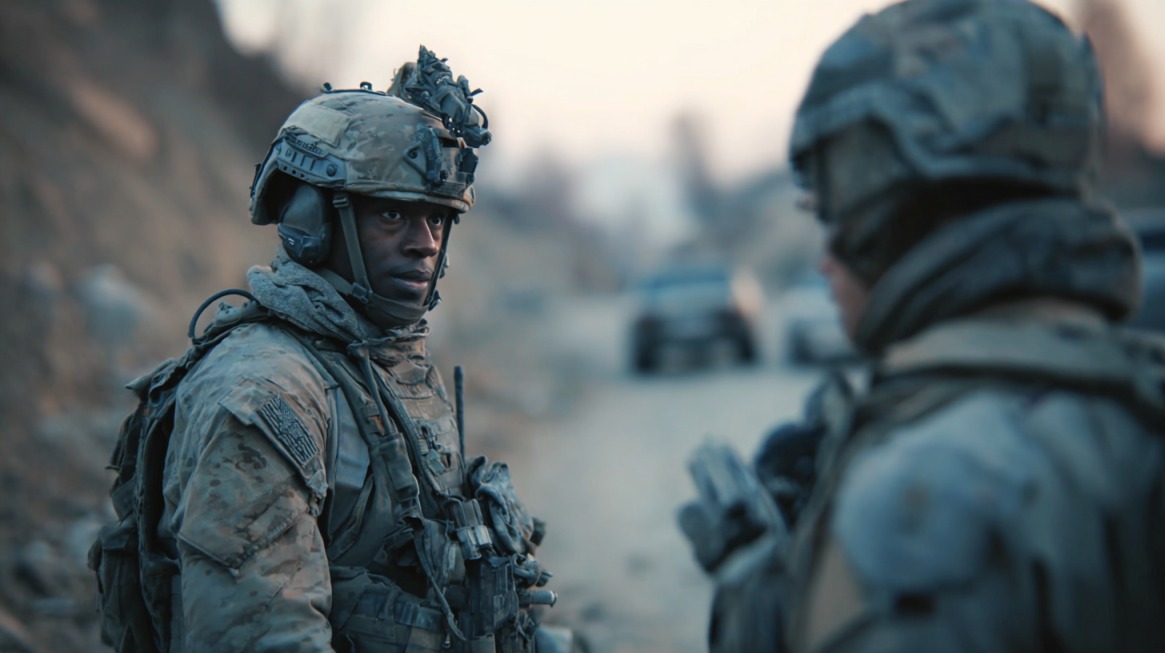
- Initial purpose: Address miscommunication caused by poor radio quality.
- Standardization: NATO adoption in the 1950s created a shared system.
- Adoption across branches: Used by Army, Marines, Air Force, and allied militaries.
- Operational value: Common for commands, orders, and movement updates.
What began as technical jargon soon evolved into a phrase recognized as both a tactical necessity and a cultural marker within the armed forces. Over time, “Oscar Mike” extended into symbolic territory, representing not only physical relocation but also determination and progress.
How “Oscar Mike” Lives On
For veterans and service members returning to civilian life, “Oscar Mike” often remains part of daily vocabulary. Its meaning shifted from a tactical expression to a personal philosophy.
Instead of signaling troop movement, it became a way to express resilience, adaptability, and the importance of momentum in everyday challenges.
Casual expressions highlight this transformation. Someone might say, “I’m Oscar Mike to the store,” as a lighthearted nod to their military past while describing something ordinary.
Others use it in motivational contexts: “Staying Oscar Mike” functions as a reminder to keep advancing, no matter the obstacle. In both cases, the phrase connects people to a spirit of progress and strength.
Civilian life has allowed the phrase to develop symbolic meaning far outside the battlefield. It resonates as both a reminder of service values and a way for veterans to maintain their bond with military culture while adapting to new challenges.
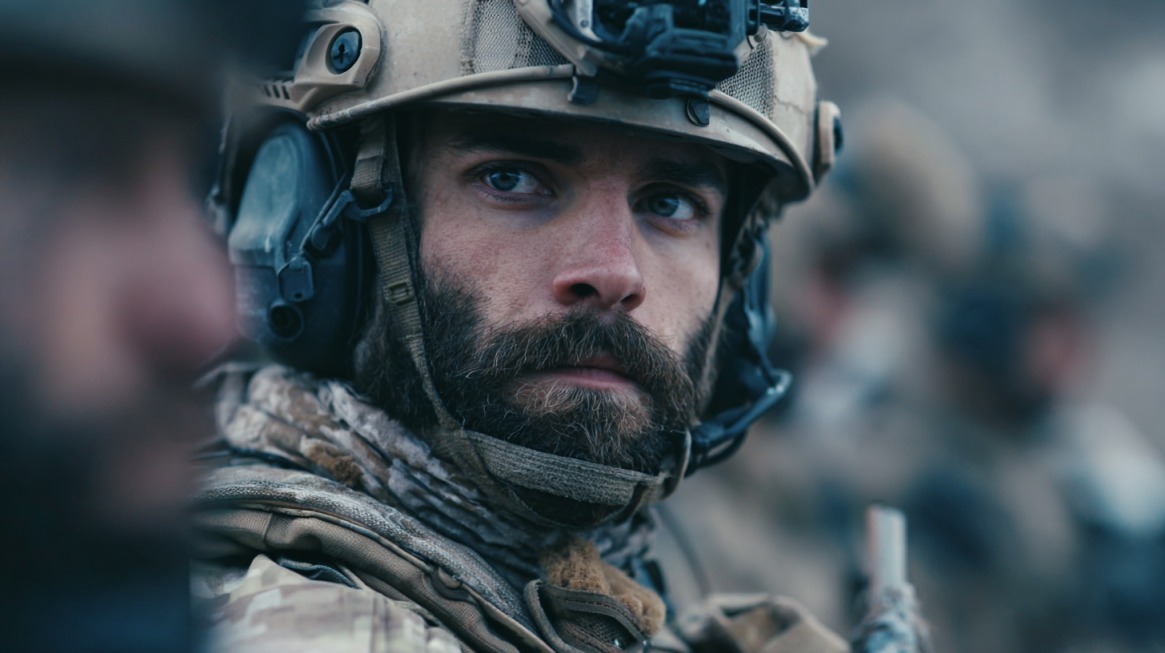
- Casual use: Everyday expression of movement or activity.
- Motivational use: Serves as encouragement to keep striving forward.
- Symbolic meaning: Represents resilience, strength, and determination.
- Cultural role: Acts as a bridge between military service and civilian identity.
By carrying it into daily speech, veterans and supporters keep the spirit of “Oscar Mike” alive, transforming it into a mantra that goes far beyond tactical roots.
Why “Oscar Mike” Still Matters Today
Relevance of “Oscar Mike” continues to expand, not only among service members but also among their families and supporters.
Veterans rely on it as a mantra that keeps them focused on resilience, discipline, and the importance of staying in motion.
Families use it as a symbol of unity, reminding themselves that forward progress is possible even during separation or relocation.
Civilian supporters adopt it as a way to show solidarity with the military community, while also using it personally as motivation.
- For veterans: Serves as a reminder of discipline, forward motion, and perseverance.
- For families: Acts as a symbol of strength during deployments or transitions.
- For civilians: Provides motivation while showing support for military culture.
- For society: Encourages unity, resilience, and action across communities.
In today’s world, where many people search for ways to maintain progress despite uncertainty, “Oscar Mike” stands as a simple yet powerful phrase.
It continues to embody action, purpose, and connection, carrying both military tradition and personal meaning into modern life.
Summary
“Oscar Mike” represents much more than radio jargon. It embodies a lifestyle that prizes progress, strength, and determination.
By adopting the spirit of being “on the move,” anyone can channel resilience into their daily challenges.
Keep moving forward with purpose and pride, staying Oscar Mike in every aspect of life.

